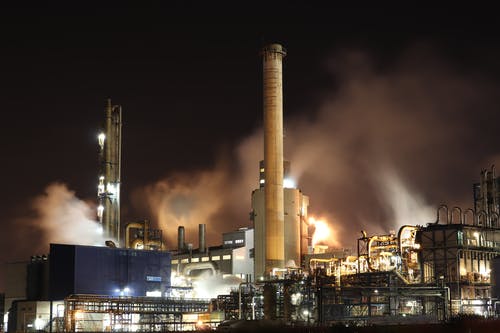The job of an oil worker is not meant for everybody. They face lots of work hazards that is not suitable except for the tough and resilient ones. And of course, they are rewarded immensely as their remuneration is higher than some of the common professions around.
However, just like every other person, Oil workers need counseling and here’s a guide that tells you why
Anxiety Management
The oil industry is not safe as oil workers can lose their lives if an accident occurs. Oil workers are well aware of this and sometimes, they experience anxiety because of this. Amidst other issues, the thought of permanently leaving their families and loved ones behind doesn’t sit well with them.
If left untreated, anxiety can develop into a chronic condition that demands medical attention. This is where the counselor comes in, as he helps the oil worker uncover the root cause of their anxiety and create a way out for them.
Depression Management
Depression is a common mental health problem that many people face and oil workers are not left out. When there is a mood disorder like depression in play, it becomes hard for the oil worker to focus on their work.
With counseling, it becomes easy for them to manage their depression and have a stable mood.

Stress Management
The truth is, many oil workers don’t know how to take care of themselves after being stressed at work. This is why a number of them do not work for a long time. Some oil workers take care of stress the wrong way, as they prefer to indulge in substance abuse to keep them going.
A counselor helps the oil worker figure out how to take care of themselves amidst the stress they might encounter.
Healthy Living
If an oil worker wants to live a healthy life that would allow them work in the oil industry for a long time, they need adequate counseling. Without this it would be impossible for them to live healthily.







